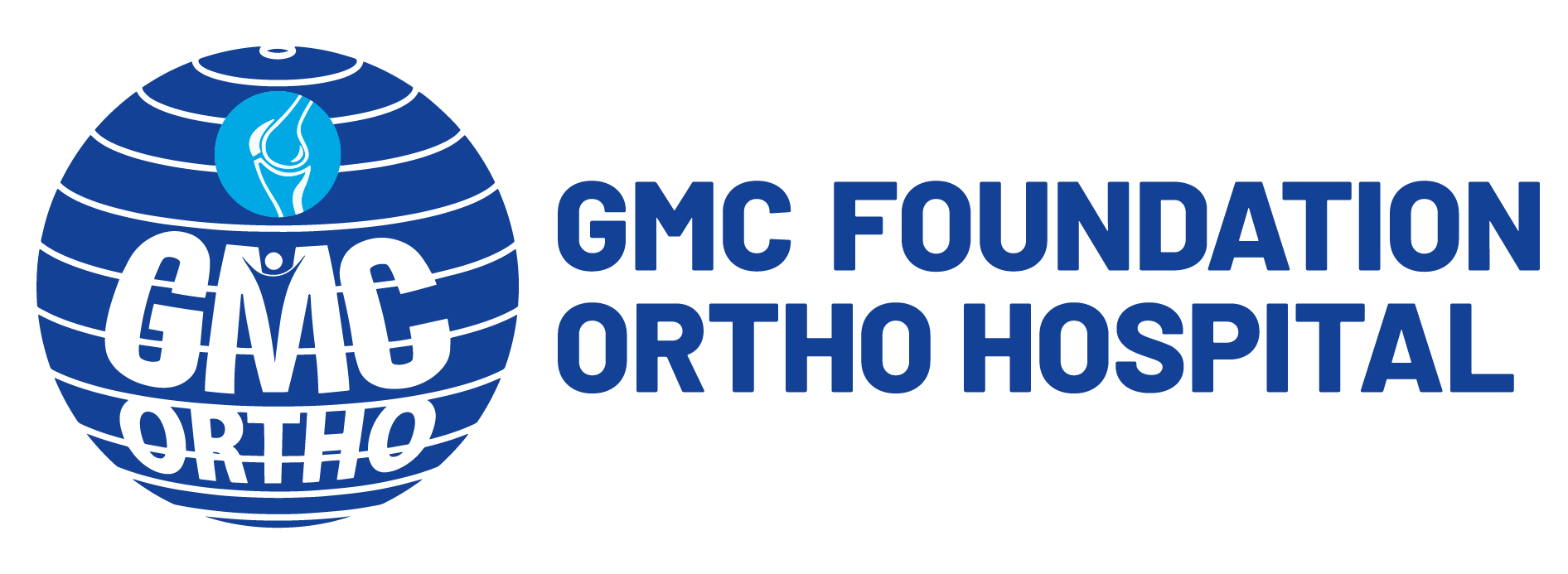Book an Appointment
Note: This is an appointment request only Depending on the availability of the consultant, appointment will be confirmed to you through mail/call The appointment requests can be made minimum 48 hrs in advance
Fracture And Trauma Care
Fracture and Trauma Care | Fracture Treatment Hospital in Calicut

Welcome to our comprehensive guide on fracture and trauma care. In this article, we’ll delve into the essential aspects of treating fractures and traumatic injuries, from immediate response to long-term recovery.
- Fracture care
- Trauma treatment
- Bone injury recovery
- Orthopedic care
- Emergency fracture response
Understanding Fractures and Trauma: Fractures and traumatic injuries can happen unexpectedly, leading to various types of bone damage. It’s crucial to understand the different types of fractures and their causes to provide the best care.
Immediate Response: When a fracture occurs, quick and appropriate action can make a significant difference. Learn about the initial steps to take when faced with a fracture or traumatic injury, including immobilization and seeking medical help.
- First aid for fractures
- Immobilization techniques
- Emergency orthopedic care
Medical Treatment: Medical intervention plays a pivotal role in fracture and trauma care. Explore the range of treatments available, such as casting, splinting, and surgical procedures.
- Casting for fractures
- Surgical treatment for trauma
- Orthopedic surgery options
Rehabilitation and Recovery: Recovery from fractures and trauma involves a well-structured rehabilitation process. Discover the importance of physical therapy, exercises, and proper nutrition in regaining strength and mobility.
- Fracture rehabilitation
- Trauma recovery exercises
- Physical therapy for bone injuries
Preventing Injuries: Prevention is key to avoiding fractures and traumatic injuries. Learn about safety measures, lifestyle adjustments, and precautions that can significantly reduce the risk of bone injuries.
- Injury prevention tips
- Bone health recommendations
- Avoiding traumatic accidents
Seeking Professional Help: When it comes to fracture and trauma care, seeking guidance from orthopedic specialists and medical professionals is vital. Understand how to choose the right healthcare provider for your specific needs.
- Orthopedic specialists
- Trauma care professionals
- Choosing a bone injury doctor
Fracture and trauma care require prompt action, proper medical treatment, and dedicated rehabilitation. By understanding the different aspects of caring for bone injuries, you can ensure a smoother recovery process and improved long-term outcomes.
Frequently Asked Questions about Fracture and Trauma Care
Discover answers to common questions regarding fracture and trauma care at our medical facility:
Fracture and trauma care involve the diagnosis, treatment, and rehabilitation of injuries resulting from accidents, falls, or high-impact events that lead to broken bones or other traumatic injuries.
We specialize in treating various types of fractures, including simple fractures, compound fractures, stress fractures, and more, covering bones throughout the body.
Symptoms of a fracture may include severe pain, swelling, deformity, difficulty moving the injured area, and possibly a “cracking” sound at the time of injury.
Fractures are typically diagnosed through physical examination, X-rays, and sometimes additional imaging like CT scans or MRI to assess the extent of the injury.
Treatment varies depending on the type and severity of the fracture. Options include casting, splinting, traction, surgery (internal fixation), and external fixation devices.
Yes, we offer a range of non-surgical treatments like casting, bracing, and splinting, depending on the fracture type and location.
Surgery is typically considered for complex fractures that might not heal properly on their own. It’s also an option for fractures that involve joint surfaces or multiple bone fragments.
Healing times vary depending on the type of fracture, location, and patient factors. Simple fractures may heal in about 6-8 weeks, while more complex fractures might take longer.
Rehabilitation aims to restore mobility and strength. It often involves physical therapy, exercises, and gradual return to regular activities under medical guidance.
Follow your healthcare provider’s instructions closely. This might involve immobilizing the fracture, avoiding excessive stress, attending follow-up appointments, and adhering to prescribed medications.
Yes, our facility is well-equipped to provide comprehensive care for trauma cases, including fractures, head injuries, internal injuries, and more.
If you or a loved one requires fracture and trauma care, you can contact our emergency helpline or visit our facility for immediate assistance.
- Fracture And Trauma Care
- Arthroscopy
- ACL & PCL Reconstruction
- Knee Replacement
- Hip Replacement
- Sports Medicine and Rehabilitation
- Arthritis and Joint Replacement
- Spine Endoscopy
- Spine Surgery
- Spine Deformity Correction
- Shoulder And Elbow Surgery
- Hand Surgery
- Foot and Ankle Surgery
- Pediatric Orthopaedics
- Limb Reconstruction
- Oncosurgery
- Pathology and Laboratory Medicine
- Radiology
- Physiotherapy and Rehabilitation
- Intensive Care and Anesthesia
- Internal Medicine And Cardio Diabetology
- OPD Services
- General Orthopedics
